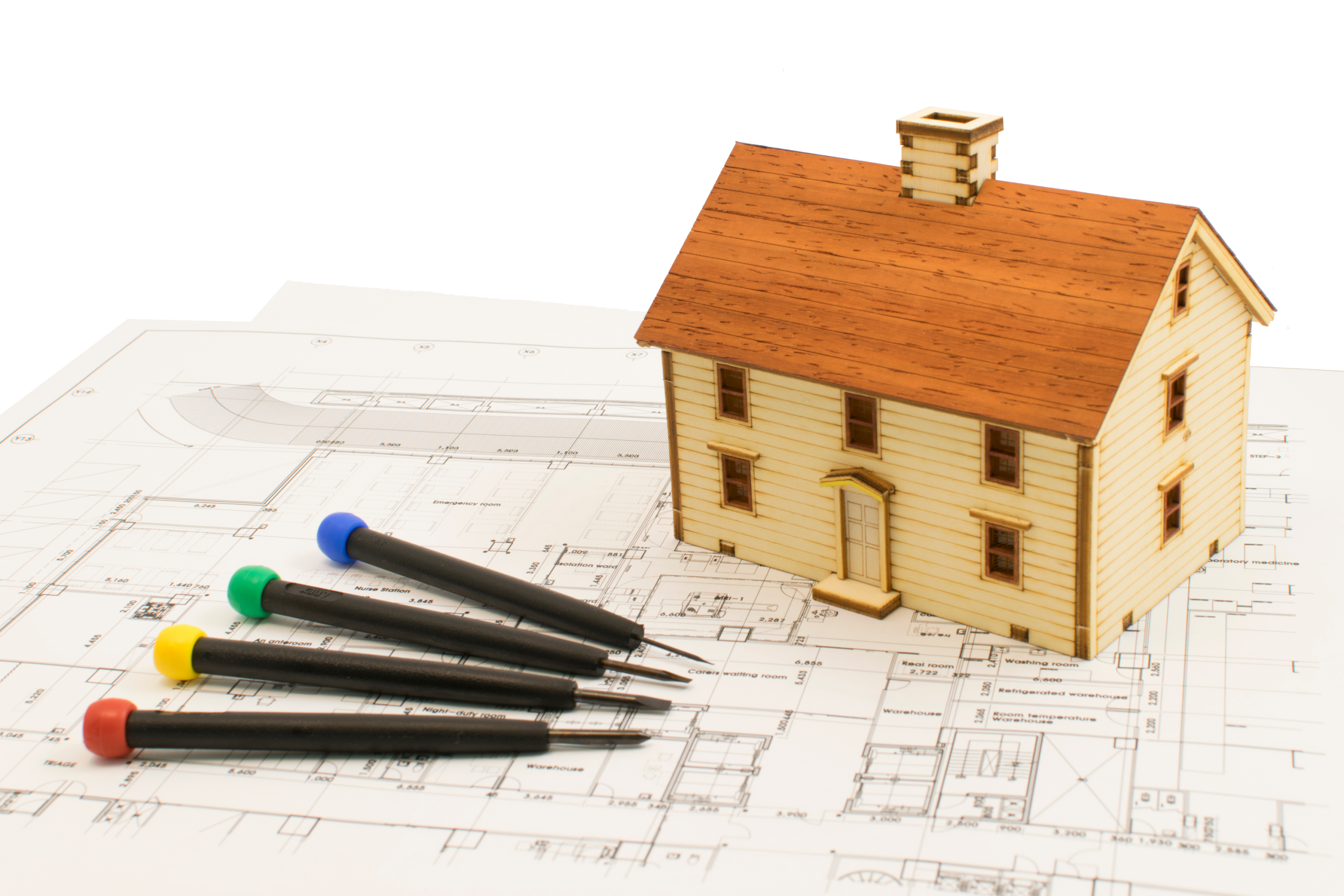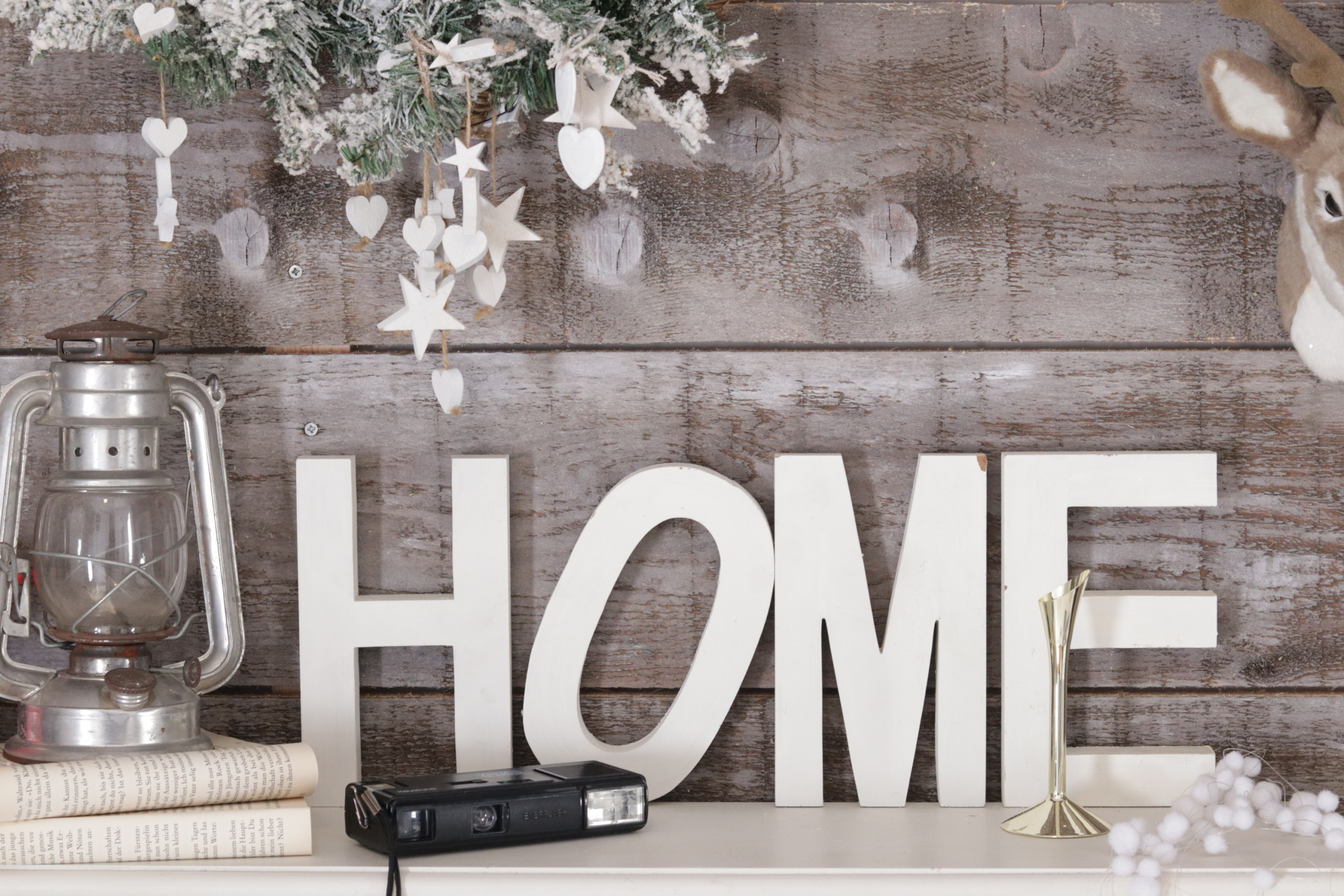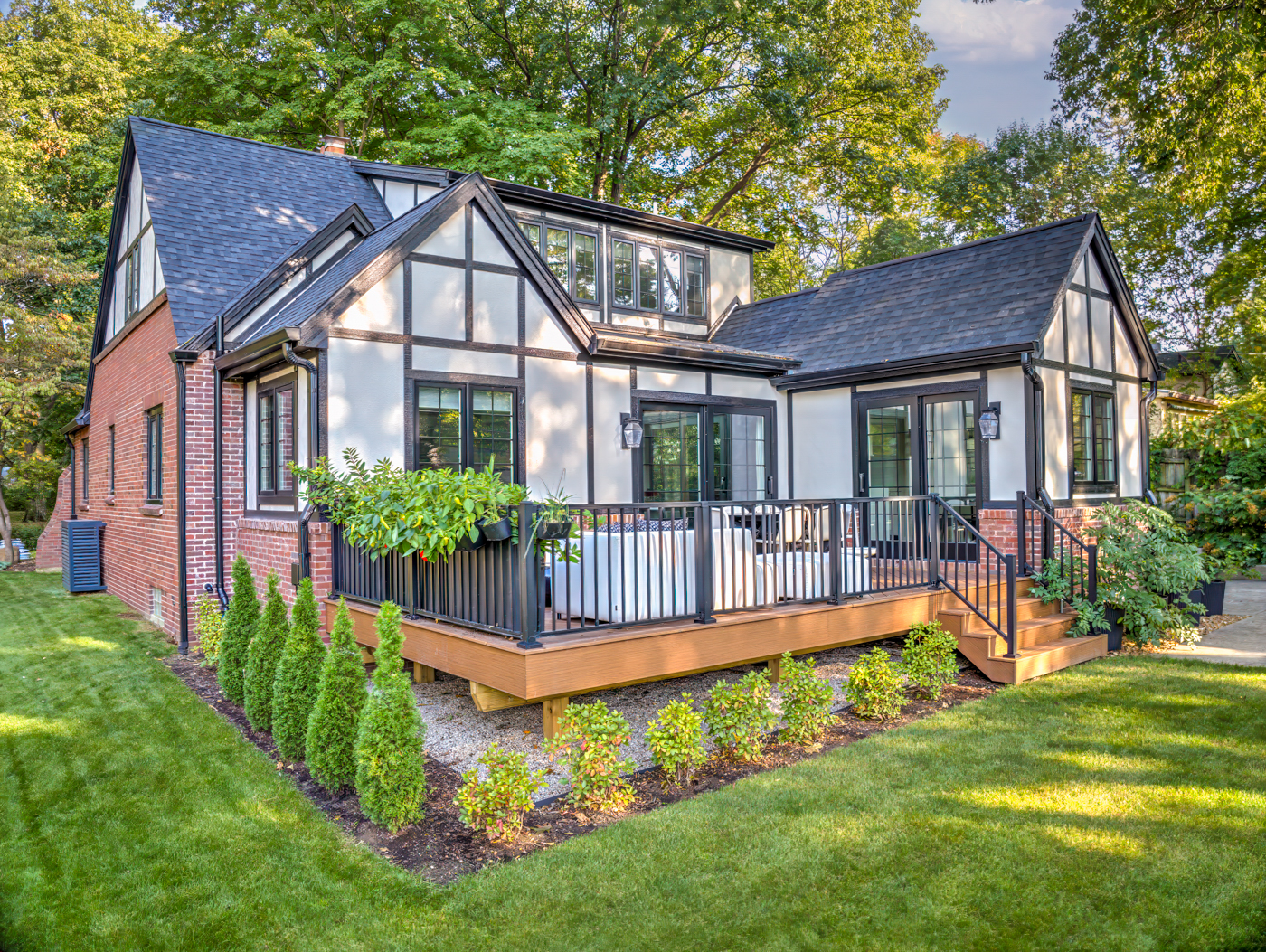We hate to say it: not all new home builds are perfect. And not all builders do great work.
Whether you’re adding onto your home or starting from scratch, it’s important to know who you’re working with, what to expect, and how to handle problems as they arise.
Here’s what you need to know about protecting yourself from low-quality construction of your new home.
Vet your builder
When you’re searching for a home builder, put on your private investigator pants. Leave no stone unturned.
Do more than read internet reviews. While the reviews builders feature on their websites or Google listings may give you some insight, examine further. You never know what has been done to bury a bad review.
Get in contact with builders’ previous clients. Ask for a builder’s references knowing they might be biased. If they can’t give you any, that’s a red flag. Even if they can, make sure to find your own references through local home builder associations or real estate agents.
Most builders rely on contractors. These contractors know the day-to-day operations of a builder and what it’s like to work with them. A sour builder-contractor relationship can lead to shoddy workmanship. Make sure to talk to them, too.
Not all builders or builds are perfect all the time. Asking real clients and contractors how a builder works and handles problems can save you a lot of time, money, and headache.
Don’t ignore your gut
Once you’ve narrowed down your search for the perfect builder, meet with the lucky few and observe how you feel around them. Builders should never make you feel stupid or ignored.
Builders who seem to dodge questions or get annoyed by your questions probably aren’t the best fit. Because the home building process can last as long as 9 months, even a small personality difference can make for a bad experience.
Choose a builder you feel comfortable with, who assures you along the way, and who answers your questions with care. They don’t have to be your BFF, but close.
Hire an inspector
Homebuilding is complicated and has a lot of moving parts. Especially as construction times get shorter, builders with the best intentions still gloss over things.
Once your new home build starts rolling, don’t take your hands off the wheel. Stay in control by hiring a third-party inspector for the ride. It doesn’t hurt to have another set of eyes.
Keep tabs on each part of the process. Schedule inspections when major portions are complete including basements and attics, plumbing, electrical, and landscaping. An inspector will reassure that the “bones” of your house are solid.
For liability reasons, some builders don’t allow third-party inspectors on-site during a build. If that’s the case, request update photos you can send to an inspector.
Double-check before you sign
When a home build is complete, it’s easy for homeowners to get distracted by new and shiny cosmetic features. During final walkthroughs, bring an inspector along to go through the house with you.
Joining the inspection will give you peace of mind, appreciation for quality workmanship, and a better understanding of your home.
Enjoy your home
By choosing a reputable, quality builder who you feel comfortable with will make the home building process an enjoyable experience.
Third-party inspectors can give you the information you need to make informed demands from your builder and take advantage of one-year warranty.
Doing some investigative work before you start your home build will make the finished product even more enjoyable.





